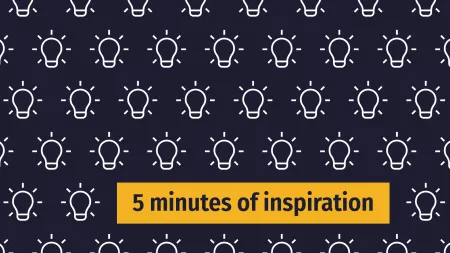Women in Montenegro figured out ways to turn business training into a much bigger impact in the world. They have become heroes instead of victims. Find out how.
In a news story in 2012, Semsija Ademai was featured as a hopeless victim with 6 children who lived in a slum. “sometimes, someone will give me a pencil or an eraser…” she said, of the struggle to send her kids to school with the tools they needed. In 2017, she was featured in a CARE publication as a story of hope. “Now we sell eggs, and children go to school with small pocket money for a school lunch. I hope I will never again feel as helpless… " That’s the change women can make with a few extra tools.
The Social Entrepreneurship: A Step Towards Independence (SESTI) project ran from 2016-2018 in Montenegro with support from the EU and the Austrian Development Agency. It had a budget of $200,000, and reached 450 people directly and 6,000 people indirectly. Our local partners were Bona Fide and the Center for Roma Initiatives.
What did we accomplish?
- More policies recognize women: Women’s social entrepreneurship was recognized in 6 new national legal documents.
- Women start more businesses: 80% of women have increased their interest in and ability to start small businesses. So far, they’ve legally registered 13 new women-owned businesses.
- Local partners get stronger: Now CARE’s local partners are explicitly recognized as important service providers in local government strategies.
- Media are taking women entrepreneurs more seriously: In the words of one TV director, “"This was very much interesting for the media, you have a story about “invisible” people, it was a little bit provocative, it also influences the change of public awareness about the role of non-governmental organizations, and it changes our perception about entrepreneurship."
How did we get there?
- Create learning opportunities: The project built 2 business-resource centers and organized study visits to Bosnia & Herzegovina so women could learn more about the skills they needed.
- Work together for advocacy: In addition to the partners we gave grants to, CARE supported a civil society network with 10 groups to advocate for policy change. They targeted specific decision-makers to be more effective.
- Connect to other projects: The team worked with the Austrian-funded JAKA project to organize loans for participants in the SESTI project.
- Be transparent with your data: In addition to using the baseline findings to design the project, the local partners shared data with communities to prompt discussion and change.
- Work with the whole family: Instead of only targeting women, the project organized a door-to-door campaign to talk to men and other family members so they would support the women who participated.
- Support businesses: The project worked with 2 agricultural cooperatives to create business plans and get formally registered.
Want to learn more?
Read the final evaluation.
